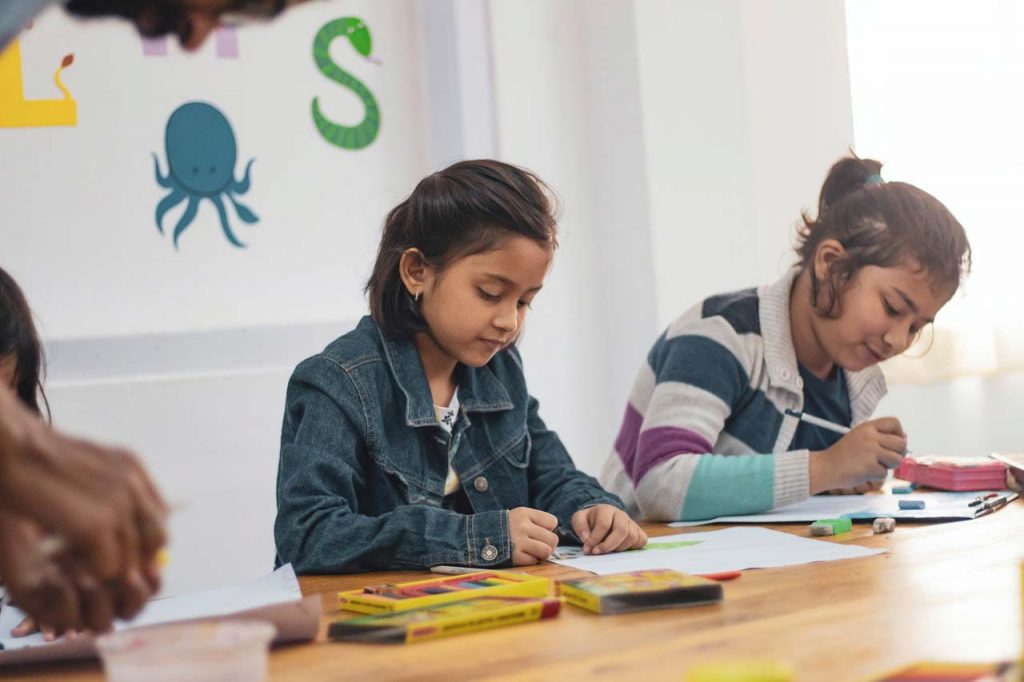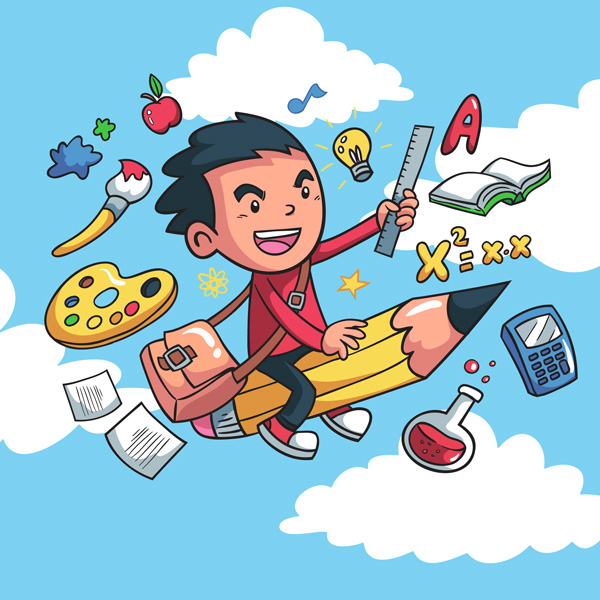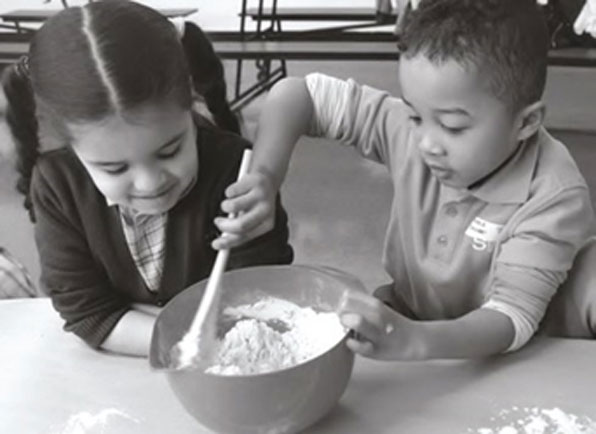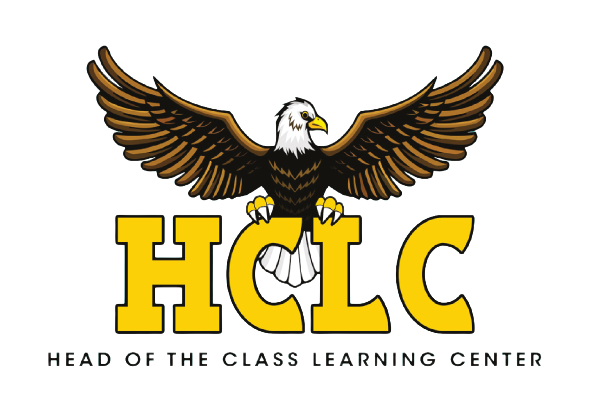Shaping Future Citizens
Elementary School Curriculum
Excellent Student Thinking (B.E.S.T.) Standards
The standards for math are based on a practical approach and usefulness of content. The standards break down into three categories: simplicity, practicality and specificity. There will be less emphasis on how students use multiple strategies, meaning examinations will not deduct points for the method used as long as the answer is correct, simplifying the process for teachers and allowing students the flexibility to adjust their problem-solving strategies. In terms of practicality, there will now be a balanced emphasis on skills versus concepts, which will help keep struggling students from falling behind.

ENGLISH LANGUAGE ARTS
Our Approach emphasizes on critical thinking, knowledge building, and the thoughtful discussion of ideas. Students read and analyze poetry, biography, history, fiction, and myths.
Reading
To promote avid reading, students read and participate in thoughtful, text-based discussions throughout the school day.
Writing
Our approach to writing sets students up to become skilled, passionate writers who convey their ideas with clarity and purpose. students write every day. Their writing assignments respond to literature, book reviews, letters and opinion pieces, historical fiction stories, poems, and myths and fables.


MATH
HCLC acclaimed highly rigorous math program
Our approach to math gives students powerful conceptual understanding along with computational speed and fluency, so they can confidently and productively apply mathematical skills in new and unfamiliar contexts, and use their understanding to solve real-world problems. The elementary school sequence develops students’ number sense, counting ability, place value understanding, and builds mastery of geometry, fractions, measurement, and data.
Lessons within a math unit are centered on tackling complex, multidimensional problems that have correct answers but innumerable ways to arrive at these answers. Scholars must think creatively and independently to develop their own approach, which strengthens their ability to apply prior knowledge to new contexts, and deepens their conceptual understanding. Our math program also develops students’ computational fluency through, daily practice of “math facts.”
ENGLISH LANGUAGE ARTS
Our Approach emphasizes on critical thinking, knowledge building, and the thoughtful discussion of ideas. Students read and analyze poetry, biography, history, fiction, and myths.
Reading
To promote avid reading, students read and participate in thoughtful, text-based discussions throughout the school day.
Writing
Our approach to writing sets students up to become skilled, passionate writers who convey their ideas with clarity and purpose. students write every day. Their writing assignments respond to literature, book reviews, letters and opinion pieces, historical fiction stories, poems, and myths and fables.
MATH
HCLC acclaimed highly rigorous math program
Our approach to math gives students powerful conceptual understanding along with computational speed and fluency, so they can confidently and productively apply mathematical skills in new and unfamiliar contexts, and use their understanding to solve real-world problems. The elementary school sequence develops students’ number sense, counting ability, place value understanding, and builds mastery of geometry, fractions, measurement, and data.
Lessons within a math unit are centered on tackling complex, multidimensional problems that have correct answers but innumerable ways to arrive at these answers. Scholars must think creatively and independently to develop their own approach, which strengthens their ability to apply prior knowledge to new contexts, and deepens their conceptual understanding. Our math program also develops students’ computational fluency through, daily practice of “math facts.”
SCIENCE
Students conduct experiments and discuss observations, data, and results in the same way true scientists do. We incorporate the three main disciplines of science — Life, Physical, Earth — into each year’s curriculum.
Science lessons launch with hands-on exploration of a challenge or question presented by the teacher.
After students work collaboratively on the challenge and record their observations, they participate in rich discussion about their discoveries, during which the teacher guides them to a deeper understanding of the scientific principles embedded in the lesson. Finally, students write up their conclusions in reports that grow in sophistication over the course of elementary school.
Our School Garden Program
This is an excellent way to help our students understand how weather and climate impact the life cycle of plants. It also provides a glimpse into the complexities of our food system.
SOCIAL STUDIES
This will enable students to understand, participate in, and make informed decisions about their world. Focus areas will include civic engagement, as well as knowledge from the core content areas of civics, economics, geography, and history.
In a world that demands independent and cooperative problem solving to address complex social, economic, ethical, and personal concerns, core social studies content is as basic for success as reading, writing, and computing. Knowledge, skills, and attitudes necessary for informed and thoughtful participation in society require a systematically developed elementary program focused on concepts from the four core social studies disciplines: civics, economics, geography and history.
ARTS
Our students learn the thrill of becoming experts in a subject through Project-Based Learning (PBL), when they have extended time to immerse themselves in a fascinating topic.
HCLC students explore subjects in depth over several weeks from a cross-disciplinary perspective — science, reading, writing, math, and art. Students work collaboratively to build expertise, develop insights, and apply their knowledge in creative projects. Our students become obsessed with these topics, and that’s the idea!
Project-Based Learning

Our students learn the thrill of becoming experts in a subject through Project-Based
Learning (PBL), when they have extended time to immerse themselves in a fascinating topic.
HCLC students explore subjects in depth over several weeks from a cross-disciplinary perspective — science, reading, writing, math, and art. Students work collaboratively to build expertise, develop insights, and apply their knowledge in creative projects. Our students become obsessed with these topics, and that’s the idea!

